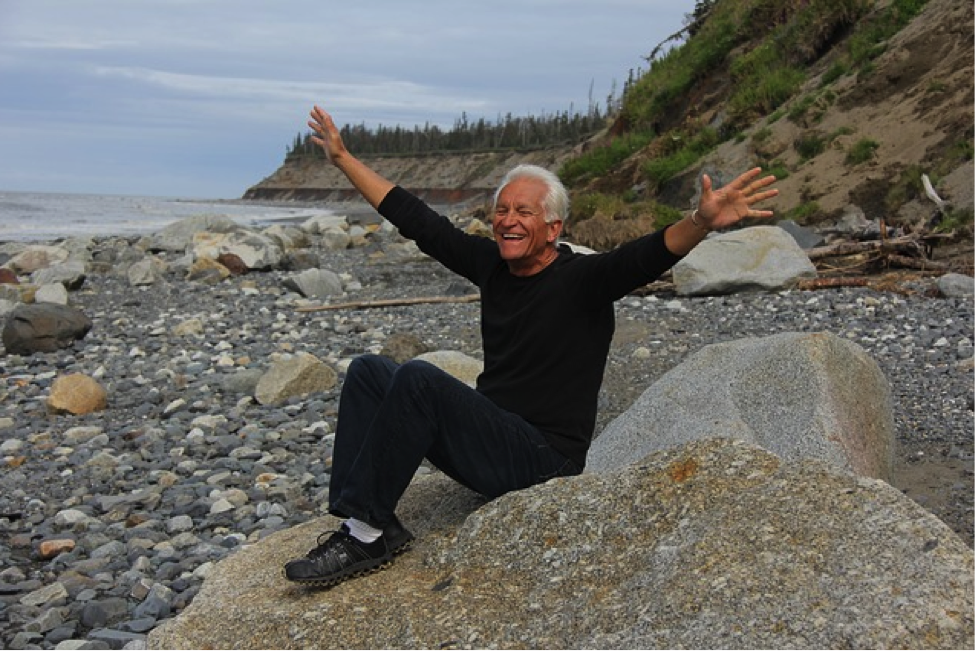Written By: Emily Cichonski
April 14, 2016
Rachel Barken, a post-doctorate fellow at York University, presented her work on age relations and care in my Master’s course on critical gerontology. Rachel introduced the concept “doing age”, which immediately caught my attention.
To explore this concept further, I started off googling “doing age”. The first thing that came up was an article called “The Age you Should Stop Doing Everything”. To summarize, the article addresses different actions that individuals should stop doing between ages three and forty-five. Actions range from stopping to suck your thumb at age three, to working for free at age 25, and ends at listening to behavioural advice from the internet at age forty-five (Lemco, 2015).
My identity as a critical gerontologist began to surface as I read this article. Although the article ends on an ironic note, there is a deeper issue that demonstrates the problem when society defines how we should ‘do age’. The article title begs the question, why should define our actions by chronological age? Our lives our defined by milestones and actions that we need to start doing at one age, and stop doing at another… and if we do not abide by defined parameters, we become problematized. Our ageist beliefs in society seem to define what is seen as a problematic action for older adults. I’ve heard peers express disgust about middle-age women and men at a club, or seeing older adults dress in what society would deem ‘youthful attire’. However, why do we problematize lifestyles that continue as such into middle and late life? Why would we not problematize individuals in their early twenties who spend all their weekends at the local pubs?
It all circles back to defining actions by chronological age. As Baars (2001) stated, chronologization of aging obscures how aging consists of distinct and interrelated processes. As we interact with others and express the autonomy to choose how our life course plans out, chronological age may become less important. We are not robots with time-set patterns- not everyone will finish school at 23, get married by 25, have kids before thirty, retire at 65, and die at 90.
So let’s stop focusing on chronological age and focus more on being autonomous human beings. When milestones occur, let’s celebrate them, regardless of the age at which they occur. As we know from ‘doing age’, our daily practices will have a vast impact on how we experience later life. Instead of focusing on the ‘age’ we should stop doing everything, let’s focus on celebrating our ability to continue to do what we love.
To check out the article discussed in this blog post, see the link below:
https://www.thrillist.com/lifestyle/nation/the-age-you-should-stop-doing-everything
References:
Baars, J. (2010). Time and ageing: enduring and emerging issues. The SAGE Handbook of Social Gerontology, 367.
Lemco, T. (2015). The age you should stop doing everything. Retrieved from https://www.thrillist.com/lifestyle/nation/the-age-you-should-stop-doing-everything

Emily Cichonski is a Master’s student studying health & aging at McMaster University. Her research interests pertain to complementary and alternative medicine, women’s health, and health care services and delivery.

